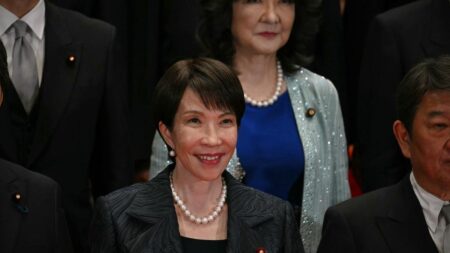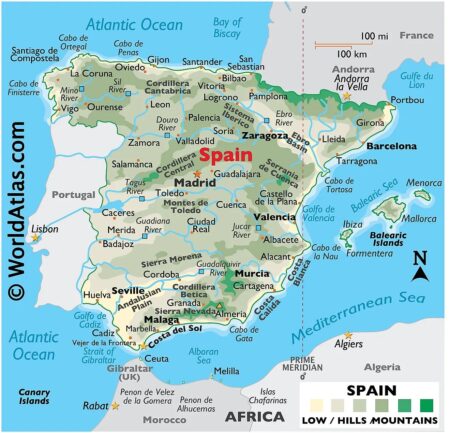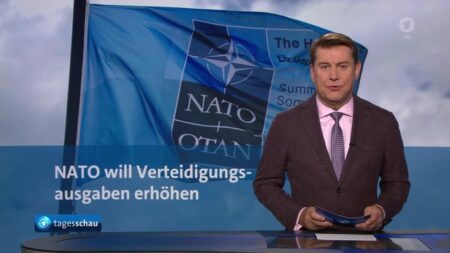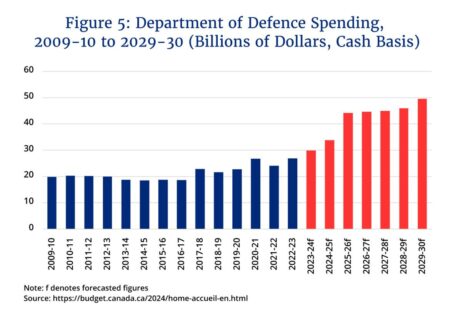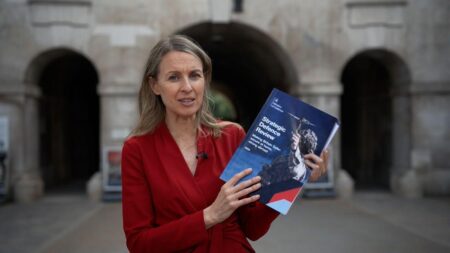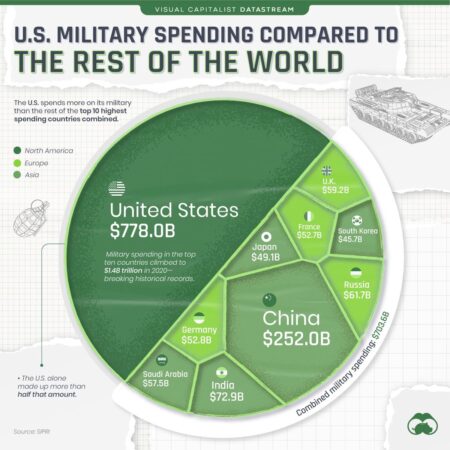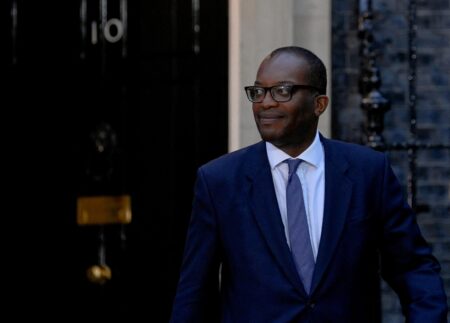Japan’s government has approved a groundbreaking budget that dramatically boosts defense spending in response to escalating regional security threats. This historic package aims not only to strengthen military capabilities but also to drive economic recovery with renewed momentum
Browsing: defence spending
Sweden and Germany are dramatically cutting foreign aid budgets to supercharge their support for Ukraine and strengthen their defense forces. This bold strategy highlights shifting priorities amid escalating geopolitical tensions sweeping across Eastern Europe
New Japan Prime Minister is gearing up to dramatically increase the country’s defense budget, aiming to strengthen security amid escalating regional tensions, reports Barron’s. This bold decision signals a major turning point in Tokyo’s military strategy
Italy is gearing up to classify the ‚ā¨13.5 billion Sicily bridge project as defense spending-a strategic move aimed at boosting its contribution toward NATO’s 2% GDP target. This bold step highlights Italy’s dedication to strengthening its military investment and fulfilling its alliance commitments with renewed vigor
Spain is set to disrupt the upcoming NATO summit by opposing the alliance’s 5% defense spending target. This bold move highlights growing rifts over financial commitments amid rising security challenges, Reuters reports
NATO countries have pledged to ramp up their defense spending to 5% of GDP, marking a bold move to strengthen collective security amid rising geopolitical tensions, officials confirmed
Canada has announced an ambitious surge in defence spending to meet NATO targets, all while navigating ongoing tariff tensions. Finance Minister Carney emphasized this bold commitment as a powerful promise to strengthen alliance ties and safeguard economic stability
Defence spending is a matter of Australia’s sovereign right, Deputy Prime Minister Richard Marles declared, firmly rejecting pressure from the US. He emphasized that decisions on national security priorities and budgets are made independently, reflecting Australia’s own interests
The UK Strategic Defence Review reveals bold reforms set to transform the armed forces and boost national security like never before. However, questions remain about whether the government can successfully turn these ambitious plans into reality
The US has urged Australia to ramp up its defence spending by $40 billion annually “as soon as possible,” highlighting escalating regional security concerns, the Australian Broadcasting Corporation reports
Italy is gearing up for a significant shift in NATO’s defense spending goals, with expectations that the target will rise to between 3.5% and 5% of GDP. This change comes in response to the growing security challenges facing Europe today. The move is designed to enhance the military capabilities of member states as they navigate an increasingly complex geopolitical landscape
Telef√≥nica is setting its sights on a significant opportunity in Spain’s rapidly expanding ‚ā¨10.5 billion defense sector. As the government ramps up military spending, this telecom powerhouse is poised to harness its cutting-edge technological expertise to bolster national security.
Spain is under mounting pressure to ramp up its defense spending, a concern underscored by a recent report from the Real Instituto Elcano. As global threats continue to escalate, experts are urging Madrid to boost its military budget not only to fulfill NATO commitments but also to safeguard national security.
UK Finance Minister Jeremy Hunt is set to advocate for enhanced defense spending cooperation at an upcoming EU meeting, emphasizing the need for collective security amid global uncertainties. His remarks aim to foster unity in defense initiatives across Europe.
Germany’s upper house has approved a landmark defense spending bill, signaling a significant shift in the country’s military policy. The move reflects heightened security concerns and commitment to NATO obligations, boosting defense budgets amid global tensions.
Germany’s parliament has passed a landmark package aimed at significantly increasing defense spending. This move is intended to bolster military capabilities and respond to shifting security dynamics in Europe, reflecting a commitment to NATO obligations.
The Trump administration has conveyed to Australia that its planned $56 billion defense spending falls significantly short of strategic needs. This warning highlights concerns over regional security dynamics and the necessity for increased military investment.
Germany’s Friedrich Merz is engaged in challenging negotiations aimed at increasing the nation’s defense budget. As international security concerns rise, the discussions reflect the balancing act between fiscal restraint and military readiness.
UK Leader Keir Starmer has announced an increase in defense spending, citing security concerns, while simultaneously proposing cuts to the aid budget. This policy shift reflects a prioritization of national security over international aid commitments.
UK Defence Secretary Claire Reeves has stressed the urgent need for increased defense spending, urging all nations to enhance their military capabilities. Her remarks follow rising global tensions, highlighting the importance of collective security efforts.



